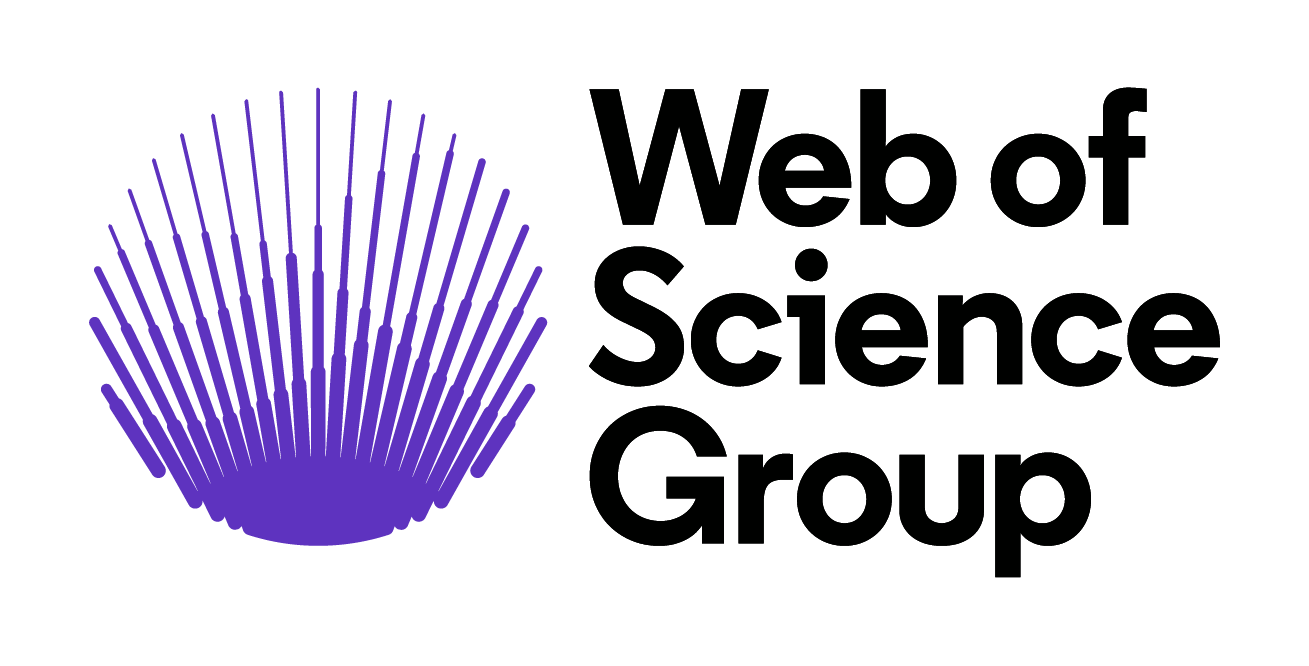MANAGING END-OF-LIFE CARE IN MALAYSIA: THE ECONOMIC CONSIDERATIONS FROM THE ETHICAL AND ISLAMIC PERSPECTIVES
DOI:
https://doi.org/10.31436/shajarah.v24i1.856Keywords:
distributive justice, economic, end-of-life care, medical ethics, medical futility and Islamic lawAbstract
Since the turn of the 20th century, the increase in the degree of medical prevalence particularly at the end of life, has redefined the dimensions between life and death. Medical treatment and equipmentare now able to prolong the life expectancy of patients suffering fromlife-limiting illnesses even in the absence of any brain activity. Thishas impacted upon the delivery of end-of-life care, which focuses onproviding a comfortable environment for patients who are sufferingfrom incurable diseases and for whom death is imminent. Theemergence of sophisticated medical devices and interventions hasraised ethical issues relating to end-of-life decisions especially inwithholding or withdrawing life sustaining treatments. In such asituation, economic considerations constitute an important factor inthe provision of end-of-life care due to the costly and limitedresources which are required for providing such life-sustainingtreatment. Healthcare providers need to grapple with issuesjustifying resource allocation amongst patients, which are in turncontingent upon deliberations on medical futility. This paper seeks todiscuss the economic considerations involved in the management ofend-of-life care from the ethical and Islamic standpoints andultimately, to provide recommendations for the promotion of acomprehensive national policy that is suitable and viable for theMalaysian healthcare environment.




